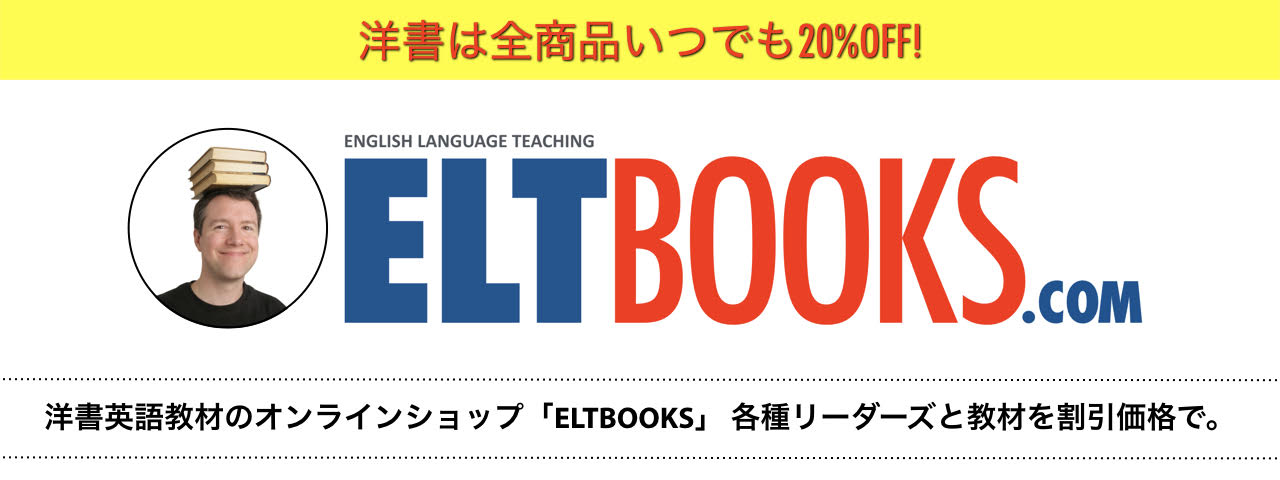Home >
Cambridge Elements in Language Teaching >
Language Teacher Educator Identity (Paperback)
Cambridge Elements in Language Teaching
Language Teacher Educator Identity (Paperback)
ISBN: 9781108812665
Series: Cambridge Elements in Language Teaching
Language Teacher Educator Identity (Paperback)
Cambridge Elements in Language Teaching Language Teacher Educator Identity (Paperback) メディア > 書籍 > ノンフィクション > 言語学習書 Expect Delays of Up to 6 Weeks| ご注文はこちら |
ISBN
9781108812665 (旧規格ISBN: 110881266X)
- 説明
- シリーズの説明
The author examines who language teacher educators are in the field of language teaching and learning. This includes a description of the different types of language teacher educators working in a range of professional and institutional contexts, an analysis of the reflections of a group of experienced English teacher educators working in Colombia and enrolled in a doctoral program to continue their professional development, and an exposition of the work that language teacher educators do, particularly in the domains of pedagogy, research, and service and leadership (institutional and community). All of this is done with the aim of understanding the identities that language teacher educators negotiate and are ascribed in their working contexts. The author emphasizes the need for research to pay attention to the lives and work of language teacher educators, and offers forty research questions as an indication of possible future research directions.
Language teaching as a field of study straddles the disciplines of education and applied linguistics (and at times other disciplines such as applied psychology and applied sociology). As societies have become increasingly mobile, language teaching practices have changed to keep pace with changing learners’ needs. Globalisation has led to dramatic changes in language pedagogies, both in terms of the rise of global lingua franca such as English, Spanish, Chinese, and Arabic, as well as issues surrounding language teaching in immigrant communities.
As language teaching has developed as a distinct academic field, some scholars have observed a widening gap between researchers and practitioners, accompanied by limited exposure to research by teachers, and a disconnect between professional and academic publications. This elements series aims to close this gap by allying research with language teaching practices, in its exploration of research-informed pedagogy, and pedagogy-informed research. The series builds upon a rich history of pedagogical research in its exploration of new insights within the field of language teaching.
As language teaching has developed as a distinct academic field, some scholars have observed a widening gap between researchers and practitioners, accompanied by limited exposure to research by teachers, and a disconnect between professional and academic publications. This elements series aims to close this gap by allying research with language teaching practices, in its exploration of research-informed pedagogy, and pedagogy-informed research. The series builds upon a rich history of pedagogical research in its exploration of new insights within the field of language teaching.
The author examines who language teacher educators are in the field of language teaching and learning. This includes a description of the different types of language teacher educators working in a range of professional and institutional contexts, an analysis of the reflections of a group of experienced English teacher educators working in Colombia and enrolled in a doctoral program to continue their professional development, and an exposition of the work that language teacher educators do, particularly in the domains of pedagogy, research, and service and leadership (institutional and community). All of this is done with the aim of understanding the identities that language teacher educators negotiate and are ascribed in their working contexts. The author emphasizes the need for research to pay attention to the lives and work of language teacher educators, and offers forty research questions as an indication of possible future research directions.
As language teaching has developed as a distinct academic field, some scholars have observed a widening gap between researchers and practitioners, accompanied by limited exposure to research by teachers, and a disconnect between professional and academic publications. This elements series aims to close this gap by allying research with language teaching practices, in its exploration of research-informed pedagogy, and pedagogy-informed research. The series builds upon a rich history of pedagogical research in its exploration of new insights within the field of language teaching.
シリーズの説明
Language teaching as a field of study straddles the disciplines of education and applied linguistics (and at times other disciplines such as applied psychology and applied sociology). As societies have become increasingly mobile, language teaching practices have changed to keep pace with changing learners’ needs. Globalisation has led to dramatic changes in language pedagogies, both in terms of the rise of global lingua franca such as English, Spanish, Chinese, and Arabic, as well as issues surrounding language teaching in immigrant communities.As language teaching has developed as a distinct academic field, some scholars have observed a widening gap between researchers and practitioners, accompanied by limited exposure to research by teachers, and a disconnect between professional and academic publications. This elements series aims to close this gap by allying research with language teaching practices, in its exploration of research-informed pedagogy, and pedagogy-informed research. The series builds upon a rich history of pedagogical research in its exploration of new insights within the field of language teaching.
EASY ORDER FORM
表示価格が税込価格
価格(税抜):
3,630 円 2,904 円 ∼ 20% OFF!


